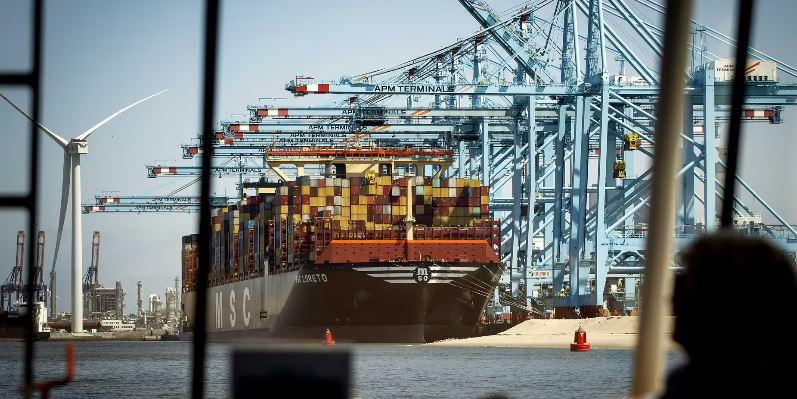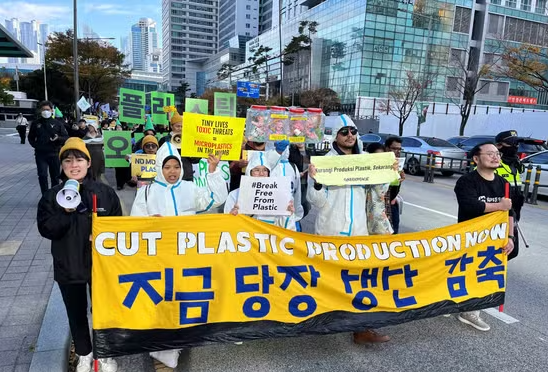The maritime transport sector, responsible for 3% of global greenhouse gas (GHG) emissions, has committed to achieving carbon neutrality by 2050. To support this goal, the International Maritime Organization (IMO) is studying the implementation of a universal carbon tax, the details of which will be discussed from April 7 to 11 in London, with adoption expected in October 2025. If set at $100 per tonne, this tax could generate nearly $60 billion annually, according to the World Bank.
However, this transition raises many concerns, particularly from developing countries. Africa, in particular, is worried about the impact of such a tax on its economies, trade, and food security. Several studies, including the IMO’s global impact analysis, highlight that the most vulnerable countries could suffer negative effects if the proposed measures are not accompanied by equity mechanisms.
An Opportunity, Provided It Is Fair
Nevertheless, this transition is also seen as an opportunity for transformation. Africa has vast resources to produce clean fuels, such as green hydrogen, and can play a strategic role in global decarbonization. However, for this opportunity to materialize, African countries are demanding guarantees: a fair and transparent redistribution of tax revenues, based on social, climate, and economic needs; funding in the form of grants rather than loans; and temporary exemptions to protect their exports and food security.
Strong African Voices
Several African leaders have expressed their expectations ahead of the crucial IMO meeting.
« Decarbonizing maritime transport is not an option, but an imperative, » stated Amb Ali Mohamed, Kenya’s special envoy for climate. « But it should not come at the expense of African economies. The funds collected must be redistributed in the form of financing for adaptation and resilience. »
For Faten Aggad, executive director of the African Centre for Future Policies, it is essential that « the polluter-pays principle remains at the heart of discussions, » with capital free from interest allocated to energy and social projects.
Stanley Raja Korshie Ahorlu, president of the Ghana Chamber of Shipping, reminds that Africa has major advantages: a young population, a vast market, abundant natural resources. « But it also faces structural challenges: an insufficient fleet, a shortage of maritime training, underdeveloped port infrastructure. The carbon tax could be a lever to address these imbalances. »
A Global Tax, A Common Challenge
As the IMO refines the details of this policy, a trend is emerging: directing part of the proceeds toward climate change efforts in developing countries, including small island states and least developed countries. Eldine Glees, maritime policy advisor at the Micronesian Center for Sustainable Transport, emphasizes that « the global carbon tax is a unique opportunity to transform climate risks into sustainable investments. »
Africa is therefore mobilizing to ensure that the green transition of maritime transport is also a just transition. It calls for a coherent, ambitious, but most importantly, inclusive policy to prevent further widening of global economic and climate inequalities.
Source: seneplus




